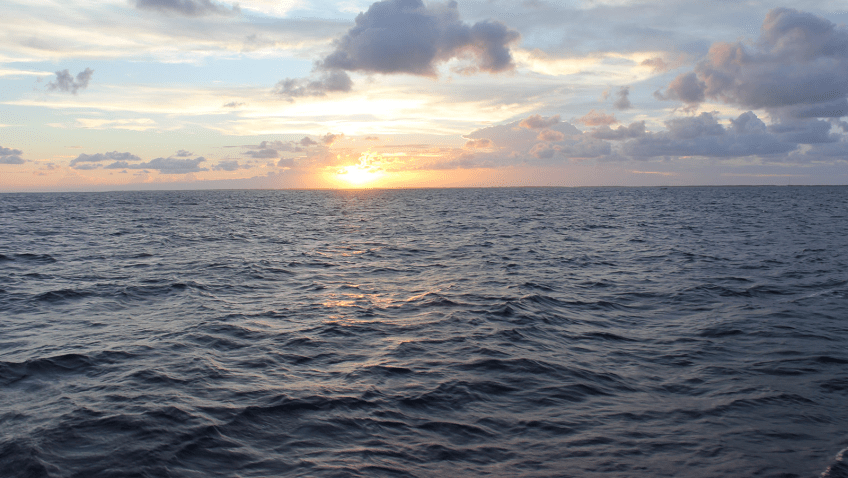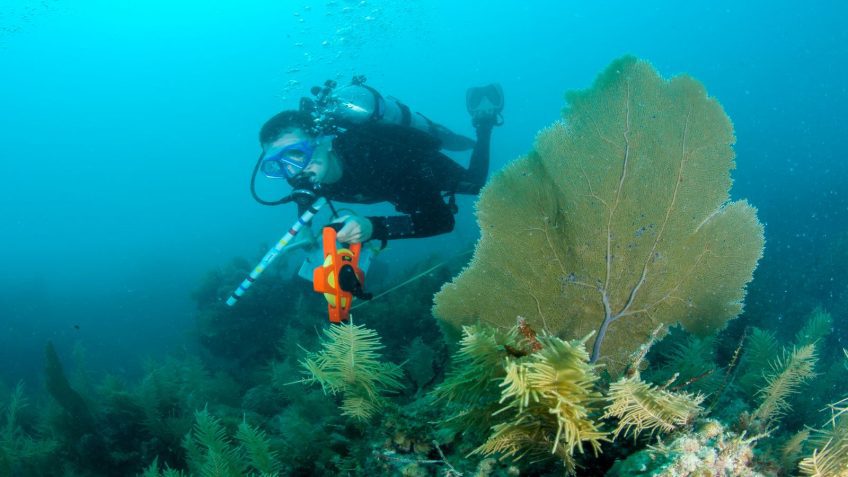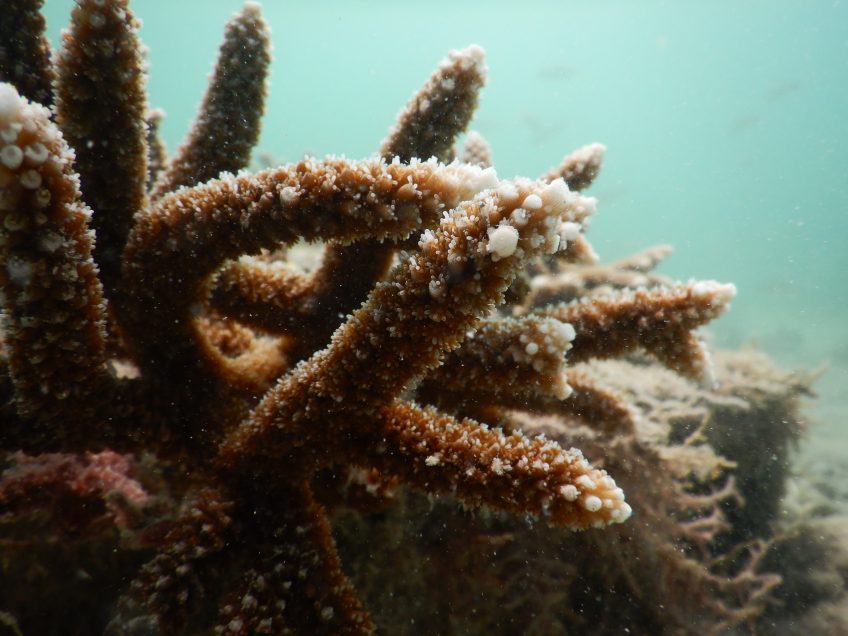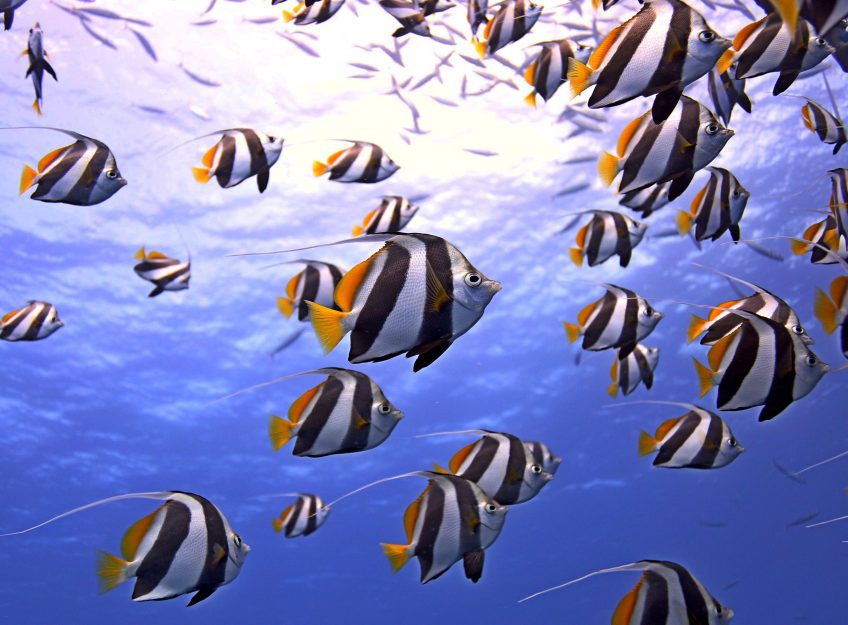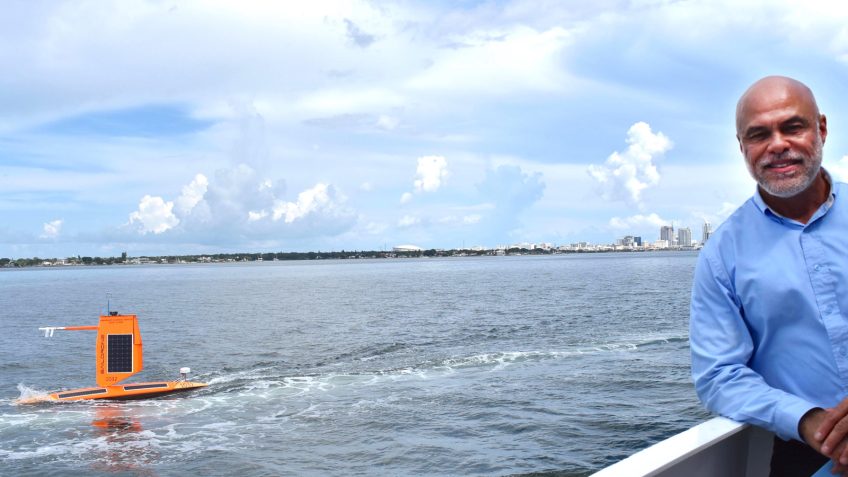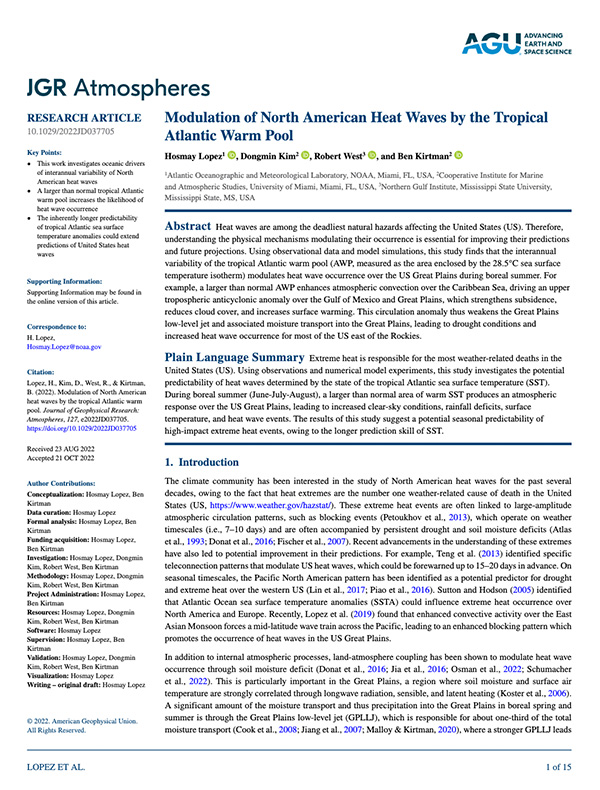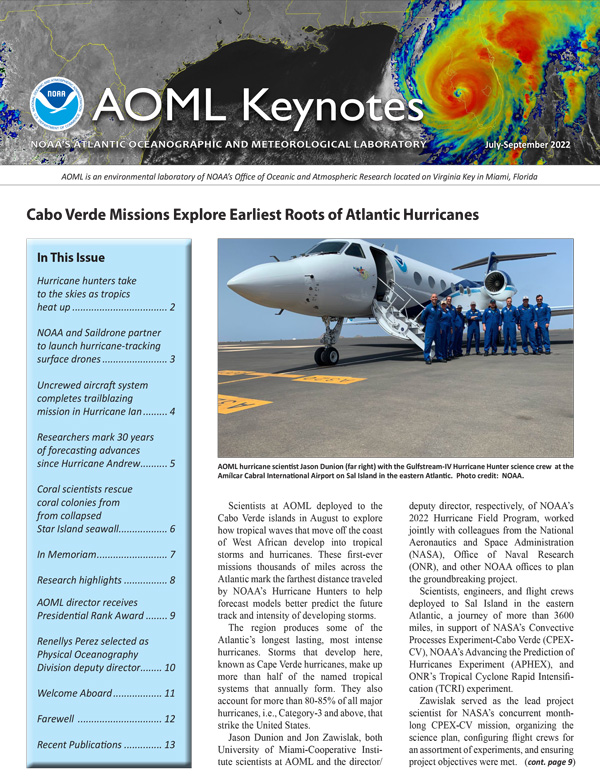Lopez, H., Kim, D., West, R., & Kirtman, B. (2022). Modulation of North American Heat Waves by the Tropical Atlantic Warm Pool. Journal of Geophysical Research: Atmospheres, e2022JD037705.
Plain Language Summary: Extreme heat is responsible for the most weather-related deaths in the United States (US). Using observations and numerical model experiments, this study investigates the potential predictability of heat waves determined by the state of the tropical Atlantic sea surface temperature (SST). During boreal summer (June-July-August), a larger than normal area of warm SST produces an atmospheric response over the US Great Plains, leading to increased clear-sky conditions, rainfall deficits, surface temperature, and heat wave events. The results of this study suggest a potential seasonal predictability of high-impact extreme heat events, owing to the longer prediction skill of SST.
Download Full Paper.
